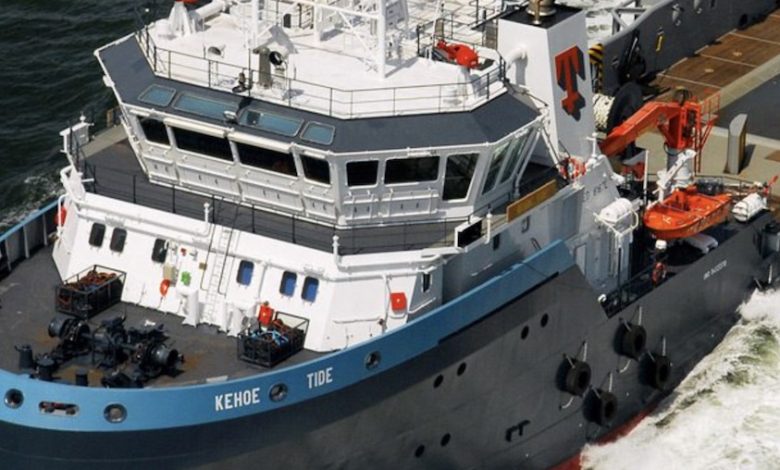US congressman introduces bill to close anti-American worker loopholes in Jones Act

Democratic congressman John Garamendi last week introduced the “Close Agency Loopholes to the Jones Act” bill, which would disallow federal regulators to circumvent the Jones Act, the US law that requires transportation and items shipped between US ports to be conducted on ships that are built and operated by American citizens or permanent residents. “Letter rulings,” as Garamendi refers to the actions by US Customs and Border Protection (CBP) that enable circumvention of the Jones Act, “disadvantage American workers.”
“For nearly 50 years,” said the member of the House of Representatives in a statement, “Congress has stood on the sidelines while federal regulators made bad decisions that erode crucial protections for the American worker. The US government should do everything in its power to prevent foreign vessels from paying poverty wages to take jobs from Americans working in our maritime industry. Sadly, it has largely enabled it instead.”
Garamendi stated that “President Biden’s first executive order after assuming office directed federal agencies to maximise the use of American mariners, American-built ships, and US-flagged vessels under the Jones Act. Less than 90 days later, Customs and Border Protection issued a letter ruling contradicting the president’s policy to allow foreign vessels to construct energy projects on the Outer Continental Shelf. My bill will force the bureaucrats at CPB to implement the president’s policy by fully enforcing the Jones Act.”
If approved, the bill would impact the offshore energy industry by preventing non-Jones Act vessels from engaging in preconstruction activities for offshore energy development, moving building materials into place for construction of offshore energy infrastructure transporting and installing undersea cable between the mainland US and fixed points like offshore platforms, decommissioning offshore platforms and more.
The act would enable Jones Act operators to appeal decisions by the CBP that undermine the Jones Act and require foreign-flagged vessels operating on the US Outer Continental Shelf purporting to operate under a Jones Act exemption to notify CBP, citing the specific purported exemption and its legal basis.
